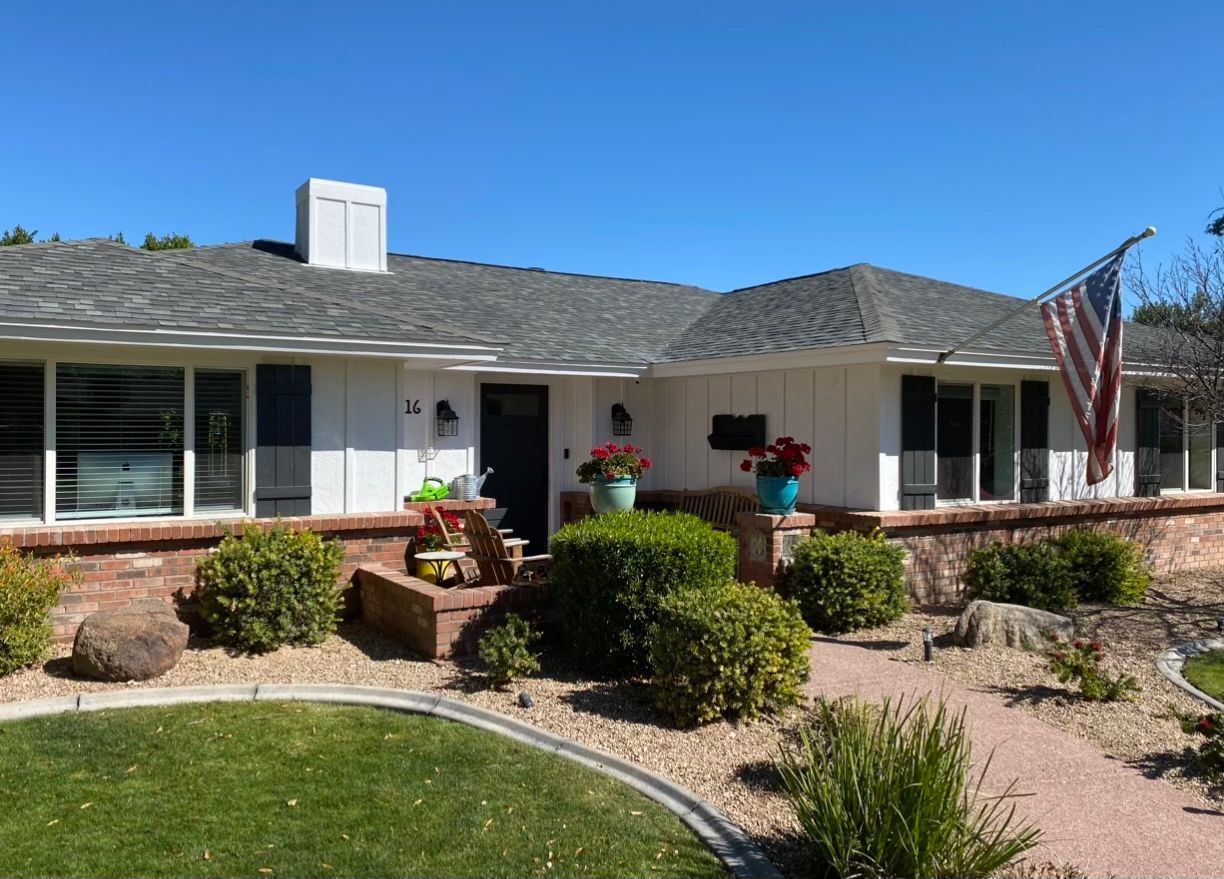Many homeowners call their insurance company first, however, your roof may not have damage. In this case you may have this “claim” count against you anyway. Start with a free, no-obligation roof inspection and get a detailed inspection report.
With your inspection report in hand you can file your claim on your homeowner’s policy with confidence. Your insurance company will likely ask you if your roof has already been inspected and if you have selected a contractor. Keep in mind, you can work with any roofing company you wish. It is entirely your choice.
When they inspect the roof together, they are more likely to be on the same page about what will be covered by insurance. This will save you a lot of back and forth phone calls. And you will be able to get the project started more quickly.
At this point in the process, our customers are assigned a Project Manager who is the homeowner’s point of contact for the duration of the project. Typical roof replacements take 1-2 days, start to finish. You are not required to be home when the work is being done.
Your insurance company will cut you a check and once your roof work is done you will pay that to your roofing contractor. A reputable company will not require money up front to do your roof.



